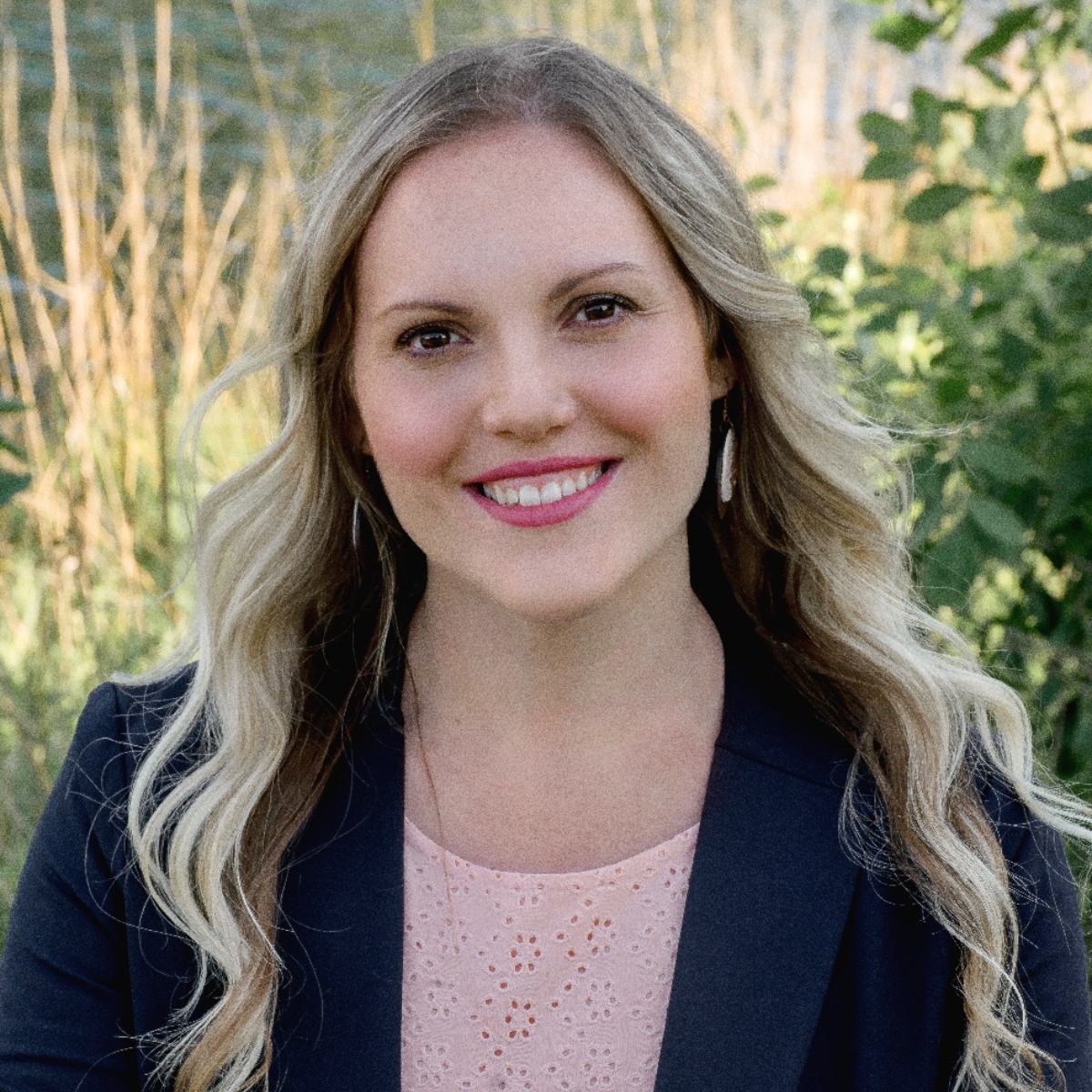So What Is Habakkuk All About?
Share

The book of Habakkuk is found in the Old Testament. It is only three chapters long with a total of 56 verses. Habakkuk is one of twelve books in the Bible that make up a section called “The Minor Prophets.” These are not called minor because they are less significant, rather they are called minor simply because these twelve prophetic books are short in length.
“The prophecy that Habakkuk the prophet received” (Habakkuk 1:1).
The first verse reports that the author of this book is Habakkuk. We do not know much about Habakkuk other than he was a faithful prophet of God. The book of Habakkuk may be one of the shortest books in the Bible, but its impact and relevance is significant. This book is about having faith in God even when the suffering and injustice in the world seems to go unnoticed. In this book, Habakkuk questioned God twice about the great evils that he witnessed around him.
Habakkuk’s First Question
In this book, Habakkuk asked God two questions regarding the evil that he witnessed. Habakkuk’s first question is one that many people may ask in their hearts or wonder about. As we read Habakkuk’s question, we can relate to his desire to understand God’s sovereignty in a world tainted by evil.
“How long, Lord, must I call for help, but you do not listen? Or cry out to you, ‘Violence!’ but you do not save? Why do you make me look at injustice? Why do you tolerate wrongdoing? Destruction and violence are before me; there is strife, and conflict abounds. Therefore, the law is paralyzed, and justice never prevails. The wicked hem in the righteous, so that justice is perverted” (Habakkuk 1:1-4).
The heart of this question that Habakkuk asked of the Lord is “why do you tolerate wrongdoing.” From the description Habakkuk provided about the conditions he saw, it is understandable that he asked such a thing.
This is a question that any believer could ask when we consider the evil things that happen in this world. From personal pains and betrayals, to physical sicknesses, to inhumane practices, to natural disasters—as we experience life in a fallen, sinful world we see the pangs of evil and injustice. Habakkuk’s question to the Lord is not irrational. Habakkuk felt that wicked ones were prevailing while the righteous were being treated unjustly. He saw great perversion of goodness in his day that led him to these heart-wrenching questions he poured out to God.
Habakkuk’s Second Question
Habakkuk later asked God another question as he sought to try and understand the rampant wickedness and injustice he saw and experienced.
“Your eyes are too pure to look on evil; you cannot tolerate wrongdoing. Why then do you tolerate the treacherous? Why are you silent while the wicked swallow up those more righteous than themselves?” (Habakkuk 1:13).
Habakkuk was confident of God’s goodness and holiness. Habakkuk trusted God’s faithfulness even in an evil world. He was trying to understand how a good and holy God could tolerate such great evil. It appeared that God was silent as wickedness was spreading.
Even in today’s world, many believers have similar questions they are wrestling with. We learn from Habakkuk to take our questions to the Lord. God can handle anything we ask of him. He wants us to draw near to Him with what’s on our hearts and minds. If we bring it to God, He can show us the truth.
God’s Responses
After each question Habakkuk asked, God responded to him. God did not turn Habakkuk away or get angry with his questions. Habakkuk did not come before the Lord with a prideful heart, thinking he knew better than God. Habakkuk came before the Lord with a heavy and broken heart, wanting to find comfort in God’s answers to him. God responded that He was doing something that Habakkuk did not see or know was coming.
“Look at the nations and watch — and be utterly amazed. For I am going to do something in your days that you would not believe, even if you were told” (Habakkuk 1:5).
God reminded Habakkuk that He is sovereign and in control. He assured Habakkuk that He will not ignore the injustice and evil going on. As human beings, we are not all-knowing as God is all-knowing. We cannot know the future as God ordains the future. We are limited in our understanding and what we can comprehend. This reality is a gentle and humble reminder that God alone is God, and we are not. Yet we can trust the Lord in all things. God lovingly again answers Habakkuk’s questions.
“See, the enemy is puffed up; his desires are not upright — but the righteous person will live by his faithfulness” (Habakkuk 2:4).
God then responded with many woes to those who were doing evil and the judgment that awaited them. We can find great comfort knowing that God sees every injustice and that judgment will come. We do not know how or when, but we know that a just and loving God does not overlook or simply tolerate evil.
Habakkuk’s Prayer
After God answered Habakkuk’s second question, he prays to the Lord with trust and hope. Habakkuk surrendered to God and declared his enduring faith in the midst of hard times. We see Habakkuk’s faith and love for God persist even as he struggled to make sense of what he saw.
“Lord, I have heard of your fame; I stand in awe of your deeds, Lord … The Sovereign Lord is my strength; he makes my feet like the feet of a deer, he enables me to tread on the heights” (Habakkuk 3:2, 19).
We learn a right perspective from Habakkuk that even in the face of tragedy and evil, God is still working and moving. We can come to God with every concern we have. We can still be in awe of the goodness of the Lord. Like Habakkuk, we can trust God will give us strength and faith during the hardest of times. We can find comfort, peace, and hope knowing that God is with us, and God remains in control.
We may not always understand what God is doing or how He is working in the world, but this book written by Habakkuk gently nudges us to have faith that endures even when wickedness seems to prevail. The truth is that God is the victor and evil does not win because Christ rose from the grave!
Bring Your Questions to God, as Habakkuk Did
We can understand Habakkuk’s questions to the Lord. It is hard to see suffering due to injustice in the world, and it does not make sense when evil people and circumstances seem to have their way. We may wonder what God is up to. We may have similar questions to what the prophet Habakkuk asked.
When we have questions, it is important to go to the Lord in prayer just as Habakkuk did. When we read the Bible, we can find truth that guides us to a deeper trust in the Lord even when we do not have all the answers or fully understand. We can still stand in awe of the goodness of the Lord and find peace in His loving embrace. God does not turn His children away, He welcomes us and draws us near to Him in every situation.
Photo credit: ©Sparrowstock
